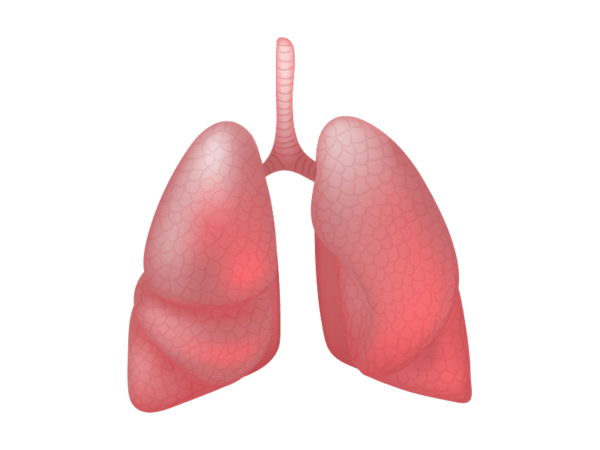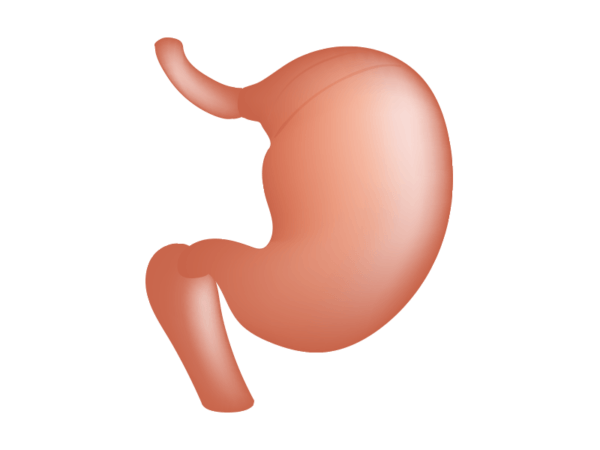Pericardial Mesothelioma Cancer
Pericardial mesothelioma is a rare type of mesothelioma that develops in the pericardium, the thin layer of tissue surrounding the heart. The typical prognosis for the cancer is poor, but there are treatment options that can increase survival time and ease symptoms. If you or a loved one was diagnosed with pericardial mesothelioma, we can help you find doctors, financial assistance, and more.
Mesothelioma Help Center provides information about mesothelioma diagnosis, treatment, and financial and legal assistance. On this site you can learn about asbestos exposure and the different types of mesothelioma, connect with local mesothelioma medical experts, and find ways to pay for treatment.
Relatively little is known about pericardial mesothelioma, which only makes up about 1-2 percent of all mesothelioma cases. While researchers understand how inhaled asbestos fibers reach the lungs, they are not certain how asbestos fibers may reach the heart. And unlike pleural and peritoneal mesothelioma, which are strongly associated with asbestos exposure, the association between asbestos exposure and pericardial mesothelioma is less clear.
Approximately 60 percent of pericardial mesothelioma cases occur in men. The median age at diagnosis is 55, and the majority of cases occur in the fourth to seventh decades of life. Surgery and chemotherapy are the most common treatments. Treatment success depends on several factors, including how widespread the cancer is at diagnosis. New approaches to cancer fighting hold promise for improving the prognosis of pericardial mesothelioma.
Pericardial Mesothelioma Symptoms and Diagnosis
The rareness and insidious nature of pericardial mesothelioma make diagnosis difficult. Sadly, an estimated 70-75 percent of diagnoses are made after the patient’s death.
If you experience any of the following symptoms, you should immediately see your doctor and mention that you may have been exposed to asbestos in order to improve the chances of an early diagnosis of pericardial mesothelioma.
- Chest pain
- Shortness of breath/difficulty breathing
- Cough
- Fluid in the pericardium (pericardial effusion)
- Inflammation of the pericardium
- Thickening of the pericardium
- Rapid or irregular heart rate
- Fever
- Fatigue
While symptoms can help narrow down the diagnosis, pericardial mesothelioma misdiagnosis is common because the symptoms do not fit a single disease and may be confused with conditions such as tuberculosis, heart disease, and heart failure. To make a precise diagnosis of pericardial mesothelioma, doctors typically use methods such as:
- Ultrasound of the heart (echocardiography)
- X-ray
- CT scan
- Magnetic resonance imaging (MRI)
- PET scan
- Pericardial biopsy
Different presentations of the disease and the lack of a discrete tumor mass can also make diagnosis difficult. Often, tumors grow in a diffuse pattern around the heart. In some cases the cancer spreads to other parts of the heart. Pericardial mesothelioma metastasis to nearby lymph nodes or the lungs has been reported.
Pericardial Mesothelioma Treatment
Few studies have been done on the best way to treat pericardial mesothelioma because the disease is so rare. But there have been encouraging case reports of patients who underwent treatment. Pericardial mesothelioma treatment options include:
- Surgical removal of the pericardium
- Chemotherapy, combined with surgery or as a single modality
- Radiation
- Emerging therapies such as immunotherapy and gene therapy
Learn more about pericardial mesothelioma treatment
Diagnosed With Pericardial Mesothelioma? We Can Help.
Learning that you or a loved one has mesothelioma is never easy, but it can be particularly hard when the diagnosis is pericardial mesothelioma, for which there is no consensus on treatment and a poor prognosis.
But there are reasons to have hope. Breakthroughs in mesothelioma research are improving treatment and allowing patients to live longer and healthier lives. You may be able to join a clinical trial that offers the latest and best therapy. And there are many ways to improve your access to treatment, such as government benefits, private charities, and compensation from asbestos companies.
You are not alone in your fight against mesothelioma. We can help. Learn more in our Free Guide Book or contact us for a free consultation.
Related topics

Pleural Mesothelioma

Peritoneal Mesothelioma

